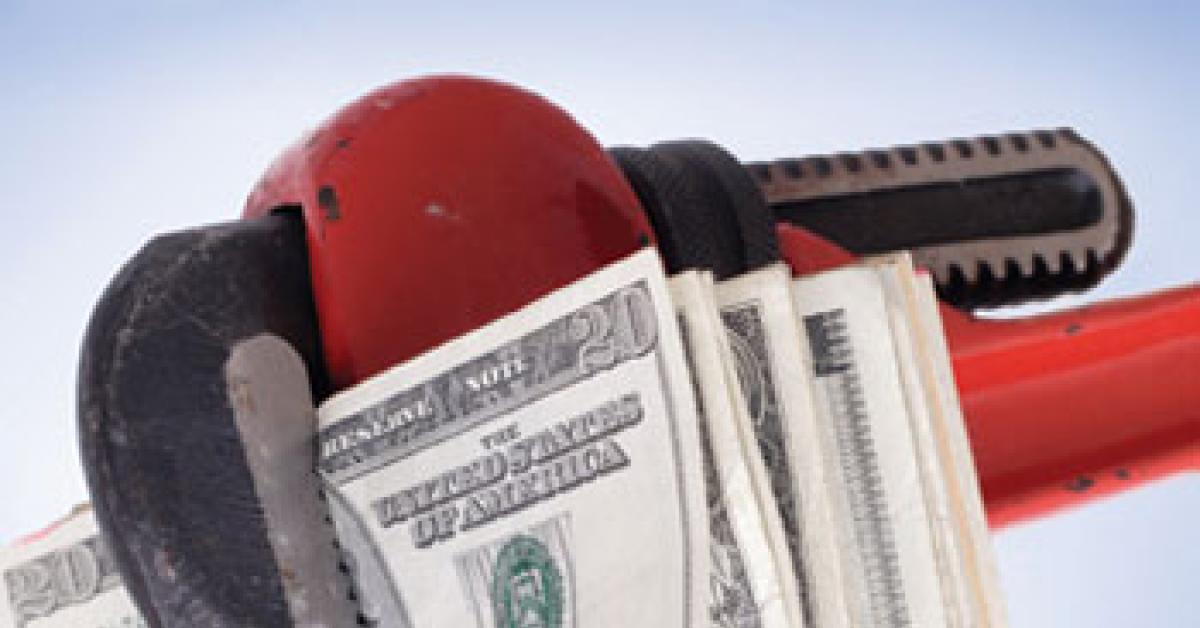Provisions in the Small Business Jobs Act may soon ease the Great Recession’s prolonged credit crunch.
ARDMORE, Pa — According to the experts, the recession ended in the summer of 2009. Three months after that, however, U.S. Treasury Secretary Timothy F. Geithner said, “This credit crunch is not over.” With all the available capital apparently going to big business and government, what can the financially-strapped small-business owner do?
There are a few bright spots among the clouds, as evidenced by new government loan guarantees and financing assistance. And your drycleaning business may be able to benefit from these programs and the funding they offer.
Last fall, the Small Business Jobs Act created the State Small Business Credit Initiative (SSBCI) and funded it with $1.5 billion to strengthen state programs supporting small-business lending. January 2011 saw the first wave of disbursements to the states.
States participating in SSBCI use federal funds for programs that leverage private lending to help finance creditworthy small businesses such as drycleaners that aren’t getting the loans they need to expand and create jobs.
SSBCI will allow states to build upon successful models for state small-business programs, including collateral support programs, Capital Access Programs (CAPs) and loan-guarantee programs. Existing and new state programs are eligible for support. The act includes additional provisions designed to spur small-business lending, including:
- A Small Business Lending Fund that provides up to $30 billion in capital to financially sound small banks with less than $10 billion in assets to encourage them to lend to small businesses. As an incentive to lend, banks increasing their small-business lending more than 10% from the previous year will pay as little as 1% on the capital they acquire from the fund.
- Provisions amping up Small Business Administration (SBA) lending guarantee programs and fee reductions. The act increased the maximum loan size for the SBA’s 7(a), 504 and microloan programs. The 7(a) and 504 loan program maximums will jump from $2 million to $5 million, and microloans’ maximums will increase from $35,000 to $50,000.
The maximums on loans made under the SBA Express program will increase temporarily, from $300,000 to $1 million. Also included is an allowance for small-business owners to use 504 loans to finance certain mortgages to avoid foreclosure.
The SBA’s primary and most flexible program, 7(a) loans, are designed for start-ups and existing small businesses, and offer government-backed guarantees on money loaned for general business purposes.
SBA’s 504 loan program provides long-term, fixed-rate financing to acquire fixed assets such as real estate and equipment for expansion or modernization—ideal for small drycleaning businesses requiring brick-and-mortar financing. Rather than commercial lending institutions, 504 loans are delivered via CDCs (Certified Development Companies)—private, nonprofit corporations set up to contribute to economic development in their communities.
The SBA also has a program to provide small, short-term microloans of up to $30,000 for working capital or the purchase of inventory, supplies, furniture, fixtures, machinery and other equipment. Great for businesses needing small-scale financing and technical assistance, SBA microloans are delivered via designated intermediary lenders—nonprofit organizations with experience in lending and technical assistance.Check back Thursday for Part 2 of this story.
Have a question or comment? E-mail our editor Dave Davis at [email protected].
